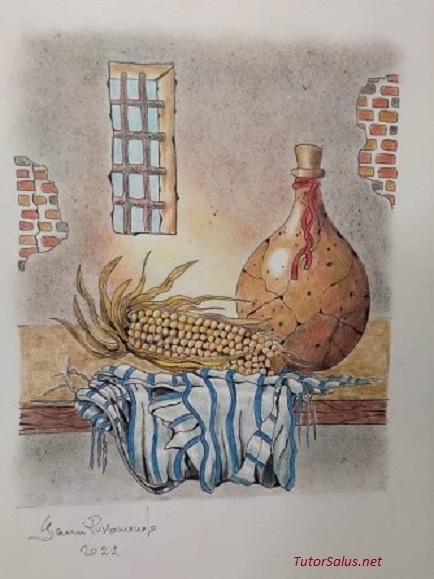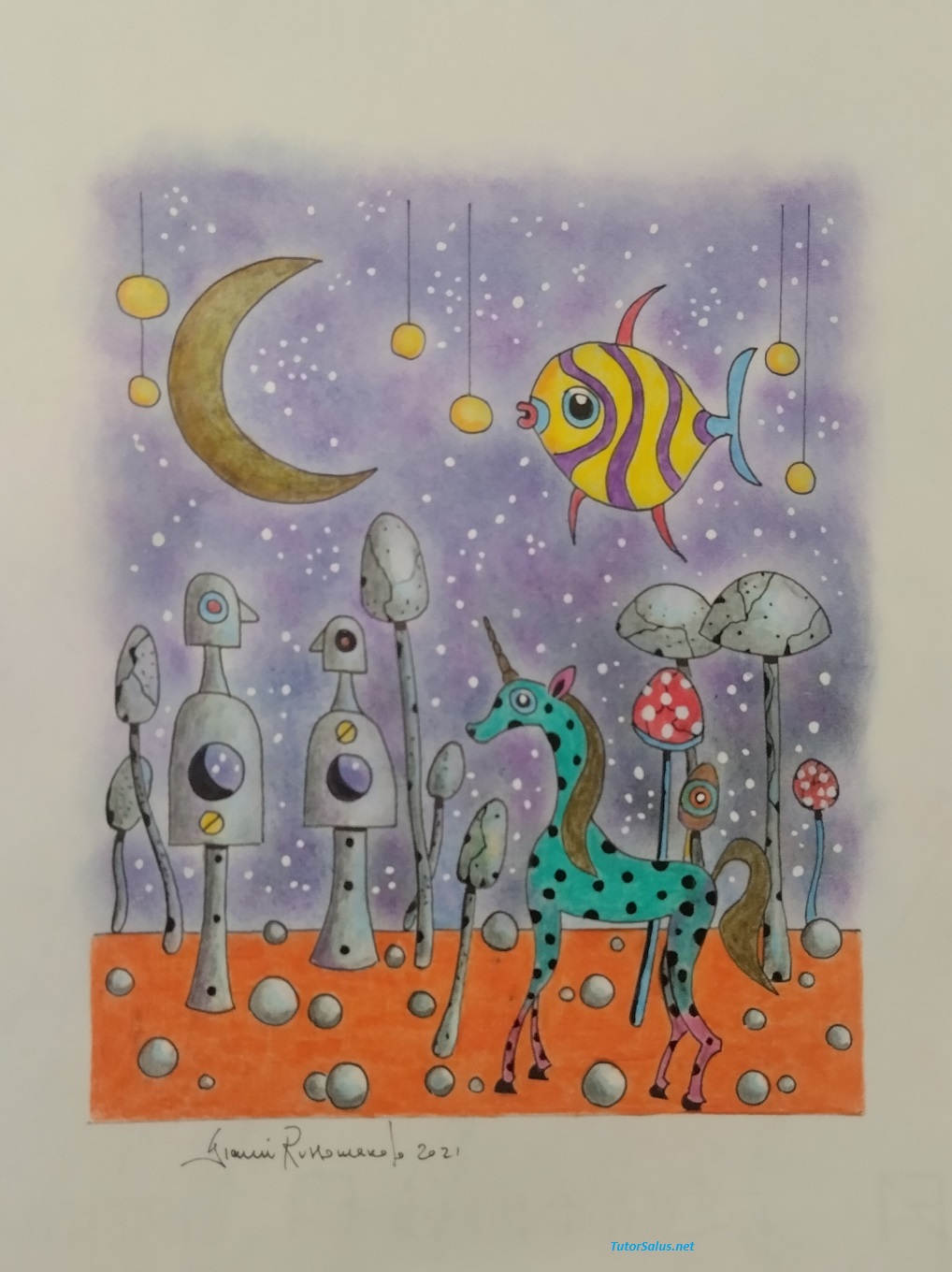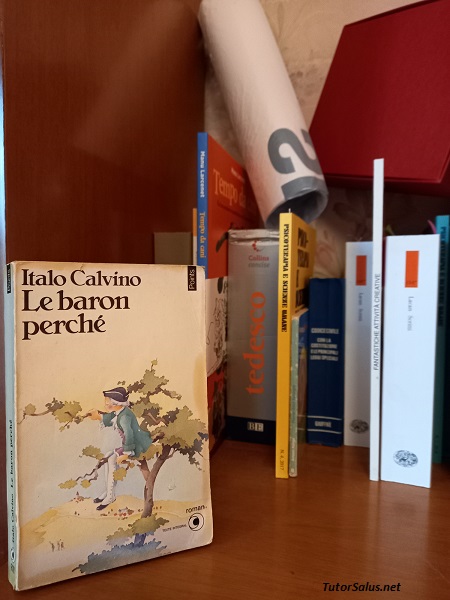Unobserved.

To benefit from one’s calling / 22[1].
“Freud, or Freud-thought, is when you think that the disorder of the world, as well as of body and thought (pathology), goes on from hostility to Order, the one that would be produced by ‘not’ omission and ‘not’ systematization (censorship)… The psychoanalytical technique obeys the rule of ‘not’ omission and ‘not’ systematization, which abolishes the co-incidence, in the disorder, of pathology and world, or Culture… I’m not holding back on supervision, which is subordinated to the same considerations.”[2]
Freud intervened at the right time – and it is already a century ago – setting up the only possible crossroads : the one between forming, or de-forming.
Marina Bilotta Membretti / Cernusco sul Naviglio – April 1, 2023
[1] www.tutorsalus.net/index.php/en/pensare-da-partner-2/358-psychoanalyst-and-profession-1
[2] “La formazione dello psicoanalista” – Paragrafo IV ‘Certezza della tecnica’, by Giacomo B. Contri in ‘THINK !’ May 2014, Saturday 17 – Sunday 18.




